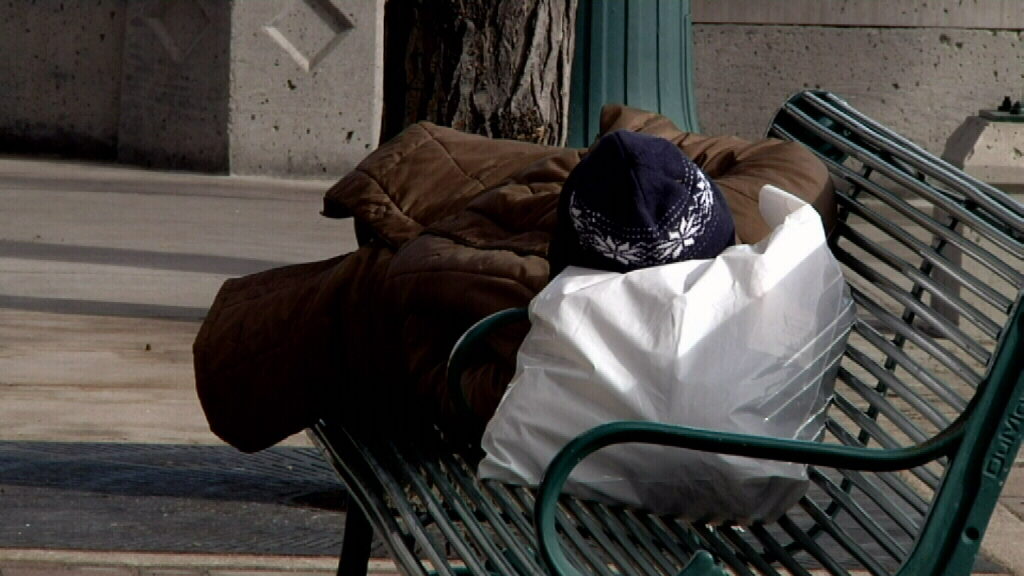COLORADO SPRINGS – Colorado Springs officials have been vocal in its search for public input on a draft of the comprehensive city’s Homelessness Response Action Plan over the last several weeks.
Now, it’s clear the city is listening to that input.
At its 4th of six town hall-style meetings on the plan, city staff unveiled a pair of new goals that are now included in the 10-part plan to address homelessness. They include providing shelter for families, and training more Colorado Springs police officers to respond to issues involving homelessness.
“We’ve gotten feedback, and one of the main areas that we feel like is lacking is any kind of response for families,” said Richard Skorman, president of the Colorado Springs City Council.

Colorado Springs, per Wednesday’s presentation, will look to work with local nonprofits to offer shelter space for families. They are often forced to split up at existing shelters.
On top of that, city officials said Wednesday that more than 1,000 Colorado Springs students are experiencing homelessness, meaning they’re either living in cars, camps or shelters. That classification also includes “doubling up” with families or living out of motels.
“To be able to figure out a way to fund a shelter that really specializes in families is a hope of mine,” Skorman said.
The other component focuses on the police department, whose Homeless Outreach (HOT) Team is heavily taxed in responding to calls involving homelessness. That includes enforcing laws, like the creek side camping ban, and connecting the homeless to services.
Those ideas, though, aren’t endorsed by everyone.
Morgan Chavez was one of a handful of community members to speak at the meeting. She said she’s worried the plan is geared more toward perception than action.
“The city already criminalizes being homeless. It’s not a crime to be poor, and the city wants to make it one,” Chavez said, in reference to the camping ordinance, as well as a new proposed limitation toward RV parking on public streets.
Chavez said the goals, which include adding more shelter beds, a homeless work plan and more, will not curb the rising problem, as the city looks for more ways to offer a hand up, not a hand out.
“The points of their plan are more concerned with making homeless people invisible than solving issues, than providing housing and helping with jobs,” Chavez said.
It’s unclear how much taxpayer money will be utilized in the plan.

